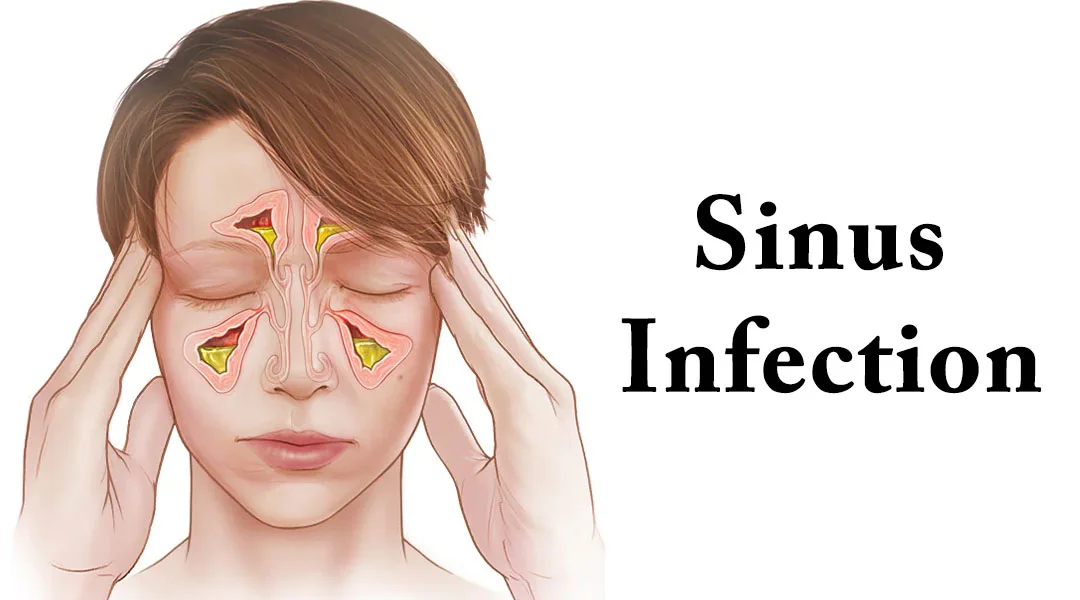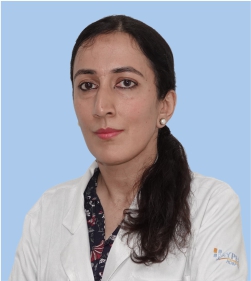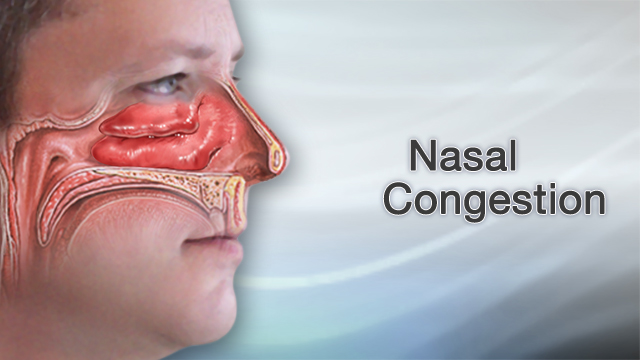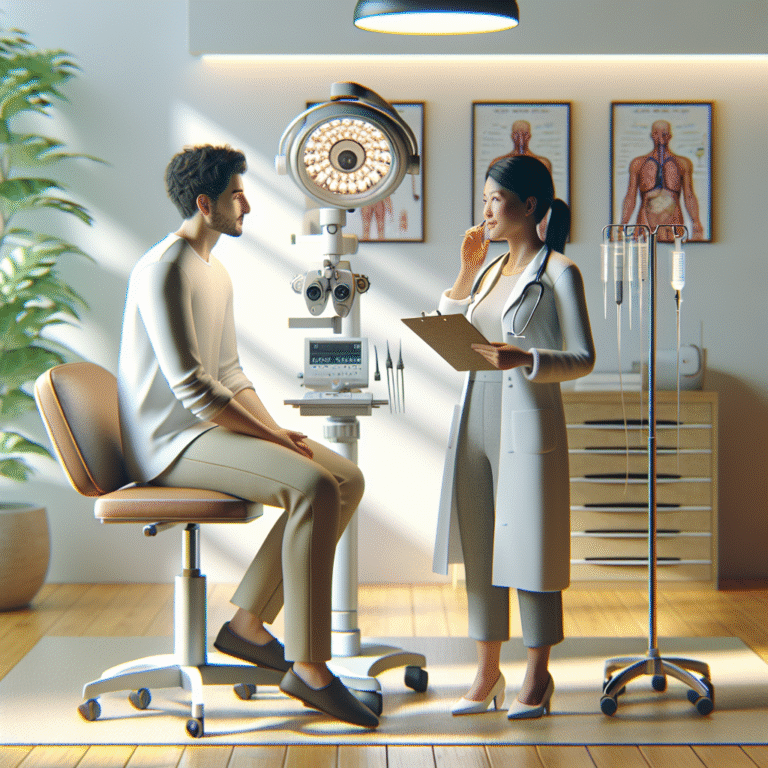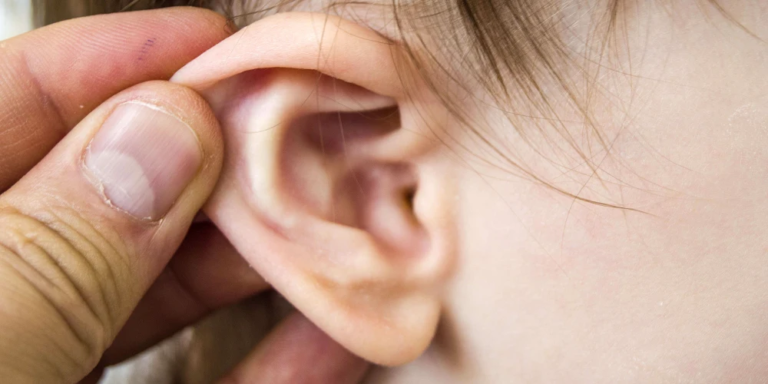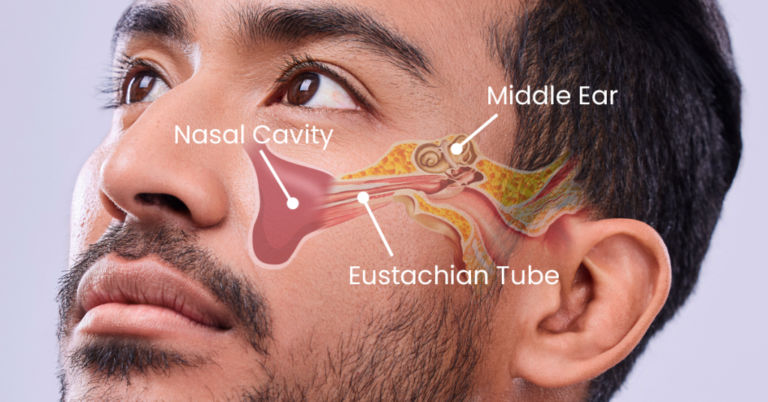Sinus problems are a common health concern that affects millions of people worldwide. Whether you’re dealing with occasional sinus congestion or chronic sinusitis, these issues can significantly affect your quality of life. Sinus issues can cause discomfort, disrupt sleep, and make it difficult to concentrate or perform daily activities. Dr. Manasi Mehra, an experienced healthcare professional, offers valuable insights into understanding sinus problems and effective ways to fix them.
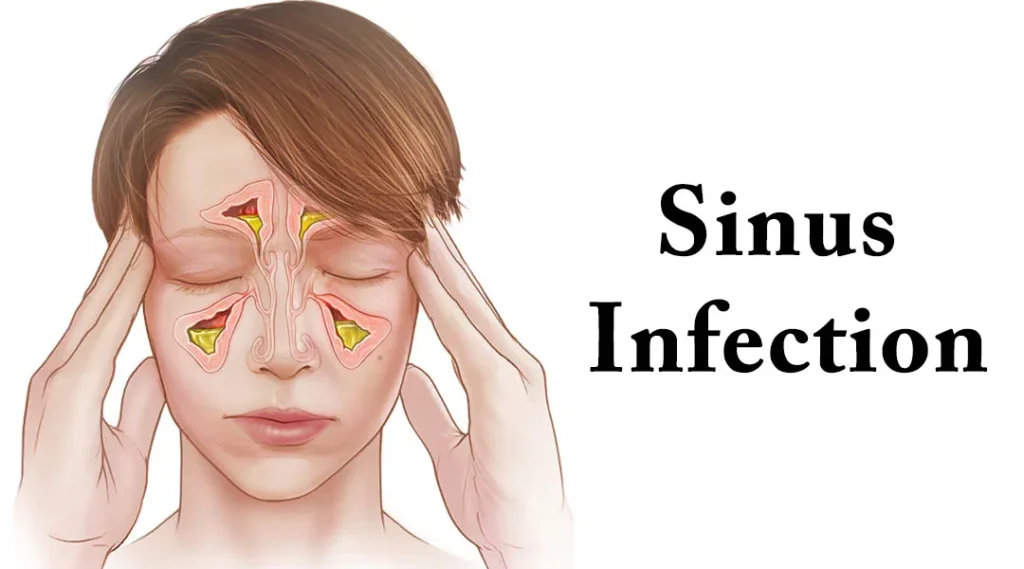
What is Sinusitis?
Sinusitis, commonly referred to as sinus infection, is the inflammation of the sinuses—air-filled cavities located in the bones of the face. The sinuses are connected to the nasal passages, and their role is to produce mucus that moistens the air we breathe and traps harmful particles like dust and bacteria. However, when the sinuses become blocked and filled with fluid, bacteria or viruses can multiply, leading to an infection.
There are two main types of sinusitis:
- Acute Sinusitis: This type lasts for a short period, usually around 2 to 4 weeks. It often follows a cold or upper respiratory infection and can cause facial pain, nasal congestion, and a runny nose.
- Chronic Sinusitis: This condition lasts for 12 weeks or longer, often causing recurring infections and persistent sinus issues. It can greatly affect daily life and requires long-term management.
Common Causes of Sinus Problems
Several factors contribute to sinus issues, and understanding these causes can help you manage your symptoms effectively. Some of the most common causes include:
- Infections: Viral infections (like the common cold) are a frequent trigger for sinusitis. Bacterial infections can also cause severe sinus problems, especially if the initial viral infection worsens.
- Allergies: Allergens like pollen, dust mites, mold, or pet dander can trigger inflammation in the nasal passages, leading to blocked sinuses. When allergens enter the body, the immune system reacts by producing histamines, which contribute to sinus congestion.
- Nasal Polyps: These are soft, noncancerous growths that form in the sinuses. Polyps can block the normal drainage of mucus, leading to sinus infections.
- Structural Issues: A deviated septum (misalignment of the nasal septum) or other anatomical issues can obstruct the nasal passages, preventing proper drainage and causing sinus congestion.
- Environmental Irritants: Exposure to tobacco smoke, pollution, or strong chemicals can irritate the sinuses and contribute to inflammation and infection.
- Weakened Immune System: A weakened immune system, whether due to an underlying health condition or medication, may increase your susceptibility to sinus infections.
Symptoms of Sinus Problems
Sinusitis can manifest in various ways, and the symptoms often overlap with those of other upper respiratory issues. Some of the most common symptoms include:
- Facial Pain and Pressure: This is one of the hallmark symptoms of sinusitis. You may feel a constant pressure around your eyes, forehead, or cheeks.
- Nasal Congestion: Blocked nasal passages can make it difficult to breathe through the nose, leading to congestion.
- Thick Nasal Discharge: Mucus that is green, yellow, or thick in texture is common during a sinus infection.
- Headaches: Sinus pressure often causes headaches, which can range from mild to severe.
- Coughing and Sore Throat: Postnasal drip, where mucus drips down the back of the throat, can cause irritation and a persistent cough.
- Fatigue: Chronic sinusitis can cause tiredness and lack of energy due to poor sleep and the body’s immune response to infection.
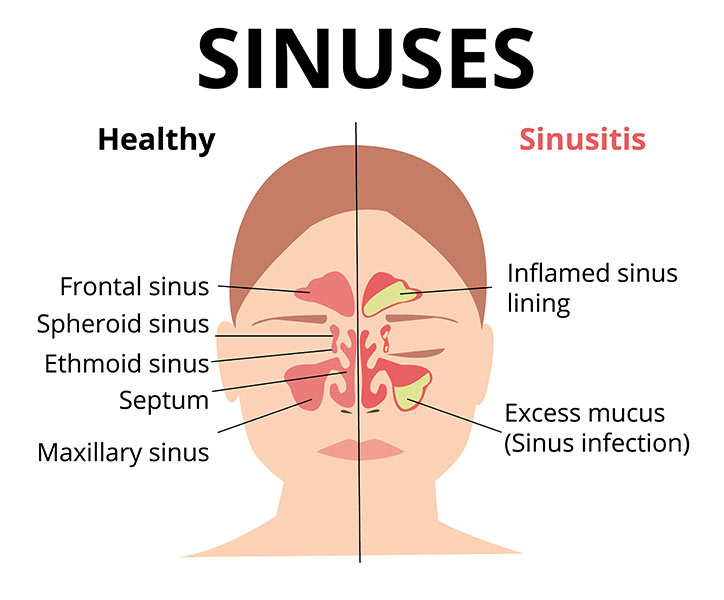
How to Fix Sinus Problems
Sinus problems remain highly treatable because various methods exist to combat symptoms while supporting recovery. Dr. Dr. Manasi Mehra provides a series of approaches that help patients manage sinus conditions while improving their daily functioning ability.
1. Hydrate Your Body
Drinking plenty of fluids helps thin the mucus in your sinuses, making it easier for your body to expel it. Water, herbal teas, and clear broths are excellent choices. Staying hydrated also helps soothe the irritation in the nasal passages and promotes better airflow.
2. Use a Humidifier
Dry air will worsen sinus problems because it makes nasal passages dry out. Using a humidifier can prevent excessive dryness of sinuses by adding moisture to the air flow. People find this technique useful specifically in winters because dry conditions prevail.
3. Saline Nasal Irrigation
One of the most effective ways to relieve sinus congestion is by using saline nasal irrigation. A Neti pot or saline spray can rinse out allergens, bacteria, and mucus from the nasal passages, providing instant relief. Be sure to use distilled or boiled water to avoid any contamination.
4. Warm Compresses
Using warm compresses on the sinuses helps to lower pressure in the region while clearing blocked airways. For nasal congestion relief use a wrung-out warm water-soaked cloth that you should keep over your face for several minutes at a time. Application of heat helps melt mucus blocks and provides relief from sinus area pressure.
5. Over-the-Counter Medications
Over-the-counter (OTC) medications, such as decongestants and antihistamines, can help reduce sinus inflammation and congestion. Decongestants can relieve nasal stuffiness, while antihistamines can control allergy-related symptoms that may contribute to sinus issues. Always consult a healthcare professional before using these medications, especially if you have other health conditions.
6. Avoid Irritants
The treatment of your sinus problems depends on whether allergies cause your issues. Reduce your contact with usual allergy triggers such as pollen, mold and dust together with pet dander exposure. You should use air purifiers in addition to washing your bedding regularly along with keeping windows sealed tight when pollen counts are highest.
7. Prescription Medications
In some cases, prescription medications may be necessary. For bacterial sinus infections, a doctor may prescribe antibiotics. For chronic inflammation, corticosteroid nasal sprays can help reduce swelling and improve sinus drainage. Consult with an ENT specialist if you think prescription treatment might be required.
8. Surgical Treatment
The medical removal of nose airway issues through surgery remains a choice when sinus problems stem from structural abnormalities such as deviated septum or nasal polyps. Functional endoscopic sinus surgery (FESS) provides patients with a minimally invasive method which opens blocked sinuses to enhance drainage. Only people with chronic sinusitis who have not gotten better after trying other treatment options qualify for this kind of intervention.
9. Strengthen Your Immune System
Maintaining a healthy immune system can help prevent frequent sinus infections. Eating a balanced diet, exercising regularly, managing stress, and getting enough sleep are all essential for immune health. Supplements like vitamin C, zinc, and probiotics may also support immune function, but you should consult with your healthcare provider before taking any new supplements.
When to Seek Medical Attention
While many cases of sinusitis can be managed at home, you should seek medical attention if:
- Symptoms persist for more than 10 days or worsen over time.
- You experience severe facial pain, swelling, or a fever.
- Your symptoms are recurrent, affecting your quality of life.
- You have difficulty breathing through your nose or notice a loss of smell.
Dr. Manasi Mehra and her team are committed to providing you with a personalized treatment plan that addresses your specific needs and helps alleviate your sinus problems. Read about Snoring and Its Impact on Your Health.
Conclusion
Sinus problems, while common, don’t have to be a permanent part of your life. With the right treatments, lifestyle changes, and professional care, you can effectively manage and even resolve sinus issues. Dr. Manasi Mehra’s approach combines both home remedies and medical interventions to offer the best care for patients suffering from sinus problems. If you’re struggling with sinus issues, don’t hesitate to seek help and take control of your health today.
Also read about: 10 Powerful Home Treatments to Ease Sinus Pressure and Pain
Concerned About Your Symptoms? Let’s Find Solutions Together
If you’ve been experiencing ear, nose, or throat discomfort, don’t ignore persistent issues. Many ENT conditions are easily treatable when addressed early.
Why Consult Our ENT Specialist?
• Same-Day Appointments available for urgent symptoms
• Advanced Diagnostics: Nasal endoscopy, hearing tests, and imaging
• Personalized Treatment Plans for allergies, sinusitis, hearing loss, and more
👉 Take Action Today
Book Your ENT Consultation Now
📞 Or call us directly at Phone +919818397918
Common Conditions We Treat
• Chronic sinus infections
• Hearing difficulties or ear pain
• Persistent sore throat or hoarseness
• Sleep apnea and snoring issues
• Pediatric ENT concerns
“From earaches to complex ENT disorders – we provide compassionate, expert care for the whole family.”
When to Seek Immediate Care
Seek prompt attention if you experience:
⚠️ Sudden hearing loss
⚠️ Difficulty breathing or swallowing
⚠️ Severe facial pain or swelling
⚠️ Neck lumps lasting over 2 weeks
For non-urgent symptoms, early evaluation prevents complications.

